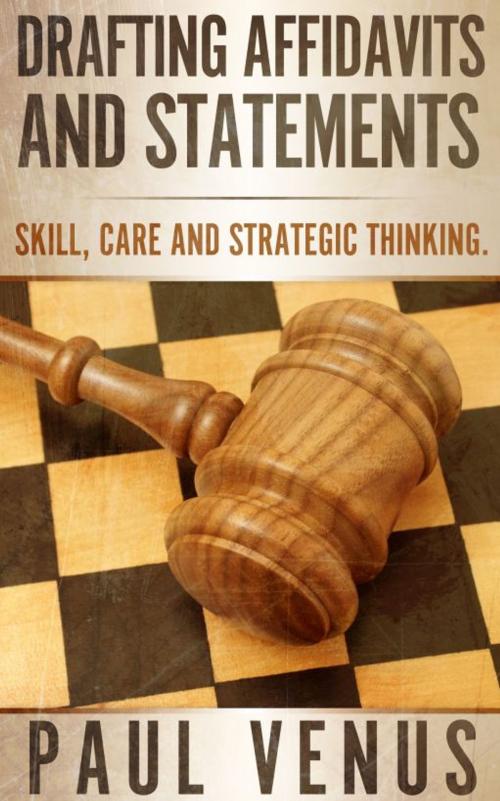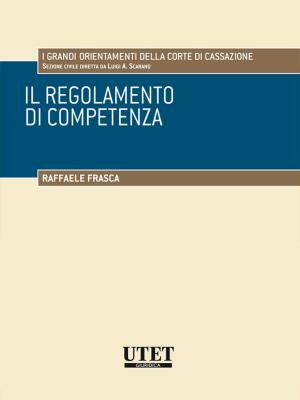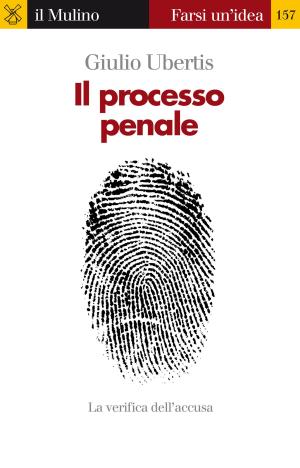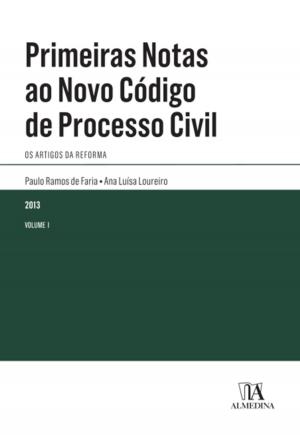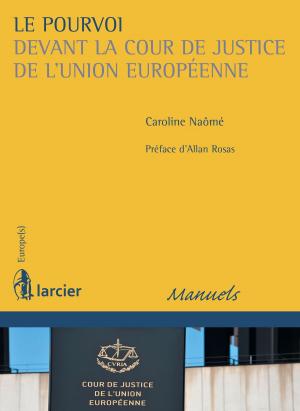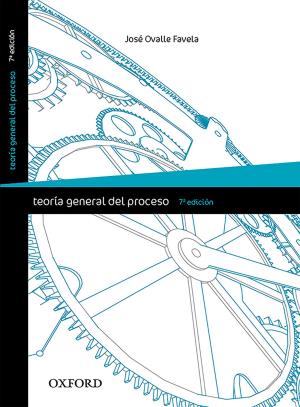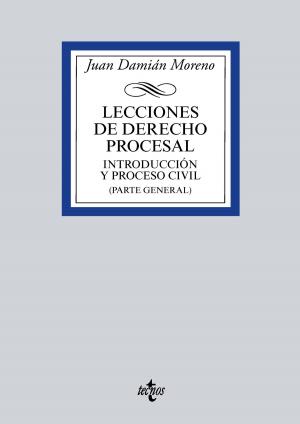| Author: | Paul Venus | ISBN: | 9781301379712 |
| Publisher: | Paul Venus | Publication: | November 14, 2012 |
| Imprint: | Smashwords Edition | Language: | English |
| Author: | Paul Venus |
| ISBN: | 9781301379712 |
| Publisher: | Paul Venus |
| Publication: | November 14, 2012 |
| Imprint: | Smashwords Edition |
| Language: | English |
Affidavits and witness statements have become increasingly important aspects of modern civil litigation. Yet it is somewhat surprising that there are relatively few texts devoted in whole or even in part to this topic. Perhaps in part, this is because the topic is an amalgamation of evidentiary and civil procedure issues. Indeed, it has been described as a “Cinderella area” .
Yet the impact of the affidavit or witness statement upon a client’s case can be dramatic. Affidavits or witness statements can constitute the entirety of a client’s evidence at trial. Omit something from this evidence and the client risks losing the case or at the very least damages their credibility.
A lawyer can also over work the affidavit or statement evidence by the use of excessive detail or too much lawyer involvement in the drafting of the document. Again, if this occurs the client’s prospects of success are at risk. The court may take the view that the evidence has been too closely reviewed by the lawyers or even concocted by them. Further, the material, even if entirely the witness’s work, may cost the client so much to prepare that the costs of the litigation become overly burdensome for the rewards.
If these problems are to be avoided, preparation and use of affidavits and statement evidence in civil litigation requires skill, care and strategic thinking.
This work focuses on the basic requirements for the preparation and use of affidavits and statements in civil litigation in New South Wales and Queensland. It considers the general principles and places those principles in a practical context for the litigator in civil courts. In doing so, it aims to equip practitioners with the tools necessary to enable them to assist witnesses in the preparation of persuasive and cost effective written evidence.
Affidavits and witness statements have become increasingly important aspects of modern civil litigation. Yet it is somewhat surprising that there are relatively few texts devoted in whole or even in part to this topic. Perhaps in part, this is because the topic is an amalgamation of evidentiary and civil procedure issues. Indeed, it has been described as a “Cinderella area” .
Yet the impact of the affidavit or witness statement upon a client’s case can be dramatic. Affidavits or witness statements can constitute the entirety of a client’s evidence at trial. Omit something from this evidence and the client risks losing the case or at the very least damages their credibility.
A lawyer can also over work the affidavit or statement evidence by the use of excessive detail or too much lawyer involvement in the drafting of the document. Again, if this occurs the client’s prospects of success are at risk. The court may take the view that the evidence has been too closely reviewed by the lawyers or even concocted by them. Further, the material, even if entirely the witness’s work, may cost the client so much to prepare that the costs of the litigation become overly burdensome for the rewards.
If these problems are to be avoided, preparation and use of affidavits and statement evidence in civil litigation requires skill, care and strategic thinking.
This work focuses on the basic requirements for the preparation and use of affidavits and statements in civil litigation in New South Wales and Queensland. It considers the general principles and places those principles in a practical context for the litigator in civil courts. In doing so, it aims to equip practitioners with the tools necessary to enable them to assist witnesses in the preparation of persuasive and cost effective written evidence.
